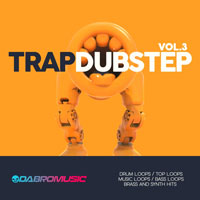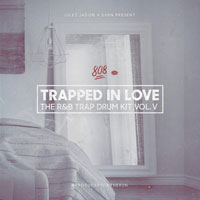Sample Packs
Sample types
Sample libraries are the collections of sound files that are usually organized in sets concerning musical instruments or environmental sounds categories used for compilation. They are widely used by composers, DJs, music producers and other people for making musical works. Usually, famous music composers are known for their own sound style they form using blends of various sample libraries and sound effects in their compositions.
Samples can be differentiated from regular sound records by few special features. They are short (length about 10 seconds) and are recorded using one note. That helps to make a qualitative instrument on their basis. High quality samples are usually professionally-cut. In such samples micro-pauses in the beginning and in the end of a sample are deleted and the stops for sound loop are marked. Samples without sound loop are called “one-shot” samples, which are reproduced from the very beginning to the very end of a whole piece. Such samples are ordinary used in making drum sounds, sound effects etc.
Samples with sound loops are called “loops”. E. g, one set of drums for four-eight time can be recorded as a loop. Special software that can work with pre-made loops has become widely-popular among the amateur musicians. These programs include SONY ACID, EJAY and many others. Sample libraries and single samples in WAV format can be reproduced with literally any PC sound playback software.
Sample recording
When it needs to digitize the piano sounds, one can guess, that it will be enough just to record every piano note. This approach was used in 1970-s, when sampling techniques just appeared. But the sound quality made with such a technique is rather poor and too far from the professional sounding.
For recording a full-quality sample it's inevitable to take into consideration all the trifles of sound, e.g, the velocity of key press, using a pedal, sounding with opened and closed piano top etc. Adding to it the sounding dependence from the place where sound is played and even from the furniture of this place we have a great bunch of factors that can notably impact on the sounding. So, the quantity of sounds can reach 100 per one piano note. The more sounds we record, the closer we are to the original sounding, but also the bigger are the recorded files. It enlarges the size of an instrument that is sampled.
Potentially, sounding of an instrument that uses sample libraries come close to original. But considering that there are a lot of peculiarities in the sounding of original instrument, digital instruments can't copy it with an absolute accuracy. That's why original pianos are still in use.
After recording desired sounds, we need to make an integrated instrument, which sounds will be then reproduced by digital or analog sampler. For that, we need to assign (map) the samples from our own sample libraries to each keyboard key. For getting qualitative sounding, we need to spend a lot of time assigning appropriate samples.
Clean and processed sound libraries
The most part of sample libraries present clean («dry») sounds without any sound effects applied. So, the musicians can put necessary effects by themselves choosing the right place for them in any individual composition.
Some sample libraries can have samples with special sound effects for particular purposes, e.g., imitation of cathedral choir reverb or heavy metal distortion. These samples are also called «wet» samples.
Sample libraries and music software for DJs and amateur musicians
Sample libraries are vitally important for a good DJ. If some time earlier Djs used analog devices for making cool sounds, now they can use their own collections of digital sounds to make a musical masterpiece. The quality of a synthesizer for a DJ or other musician's purposes is measured by the quality and quantity of sound samples it can reproduce. The best ones, for example, some Yamaha high-end models, have an impressive sample libraries in combination with perfect sound quality.
Sample libraries can be used not only by professional musicians and producers who buys a lot of expensive equipment. They can also be used by an amateur, who just starts his music experiments. Sample libraries are provided in the digital file-sets that can be easily downloaded from the web. Simple sets are usually free or cost not much. So getting them is not much of a problem.
There are a great variety of computer programs which use sample libraries and can substitute synthesizers. One of good examples is FruityLoops. It has its own collection of software synthesizers. There are more than 20 various synthesizers and 2 samplers available. They can be used for making one's own sample libraries. But it needs a lot of time and experience, so amateur musicians often use already-prepared sound sets, combining and mixing them together, adding some effects and environmental sounds. FruityLoops sample library can be easily expanded with other libraries. The friendly interface will help to make such an expansion easy and fast. FruityLoops is rather professional music production instrument with a lot of different options and possibilities. But there is another program to work with sample libraries that is called SoundForge.
SoundForge, developed by Sony Creative Software, is a suitable platform for an amateur musician. Its restricted version, Sound Forge Audio Studio, is a nice instrument to start with. It's price is pretty good and it has all the functionality to start home experiments with sample libraries. SoundForge has a set of instruments for fast editing and creation of new sound pieces. The program helps to remaster and clean old records, put filters and effects and create master-discs. This program will be a good start to making your own sample libraries.
Great collection of sample libraries for any taste
It's clearly seen that producing samples is not an easy task. Luckily, there is a great variety of special sample libraries available on the contemporary music market and there's no need to make them yourself. One can find practically any sound he or she needs.
Our site provides a solid collection of sample libraries in various formats, including WAV, AKAI, GIGA, SF2, Reason refills etc. They can be used for making industrial, house, trance and other kinds of compositions. Our library is being constantly developed and updated. We are glad to present you a variety of choice for making your own music masterpieces.
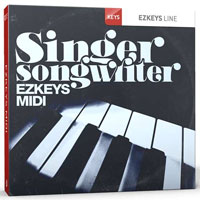
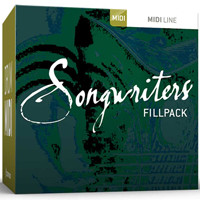
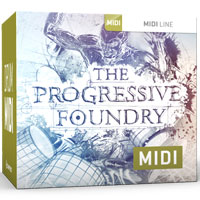
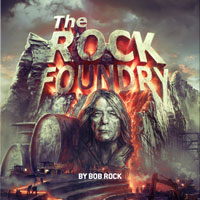
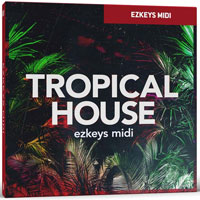
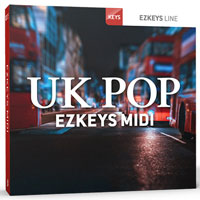
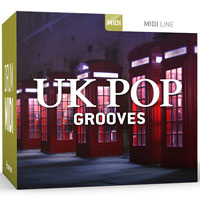



![Total India [4 DVD] Total India [4 DVD]](/images/total-india-dvd.jpg)
![Total REX [2 DVD] Total REX [2 DVD]](/images/Total-Rex.jpg)

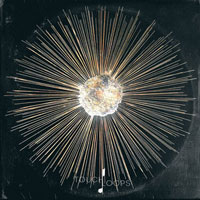


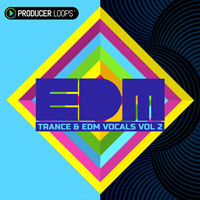

![Trance Explosion [2 CD] Trance Explosion [2 CD]](/images/TranceExplosion.jpg)





![Transmission Deep Hip Hop Session 2 [2 DVD] Transmission Deep Hip Hop Session 2 [2 DVD]](/images/Transmission-Deep-Hip-Hop-Session-2.jpg)
![Transmission Uplifting Pop Anthems Session 1 [DVD] Transmission Uplifting Pop Anthems Session 1 [DVD]](/images/Transmission-Uplifting-Pop-Anthems-Session-1.jpg)
